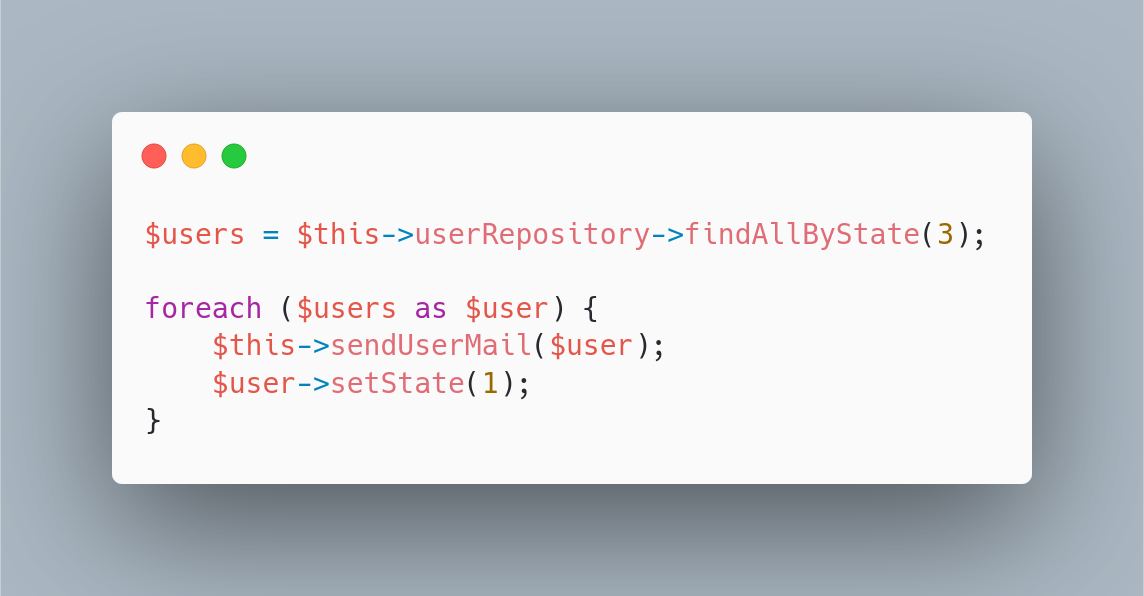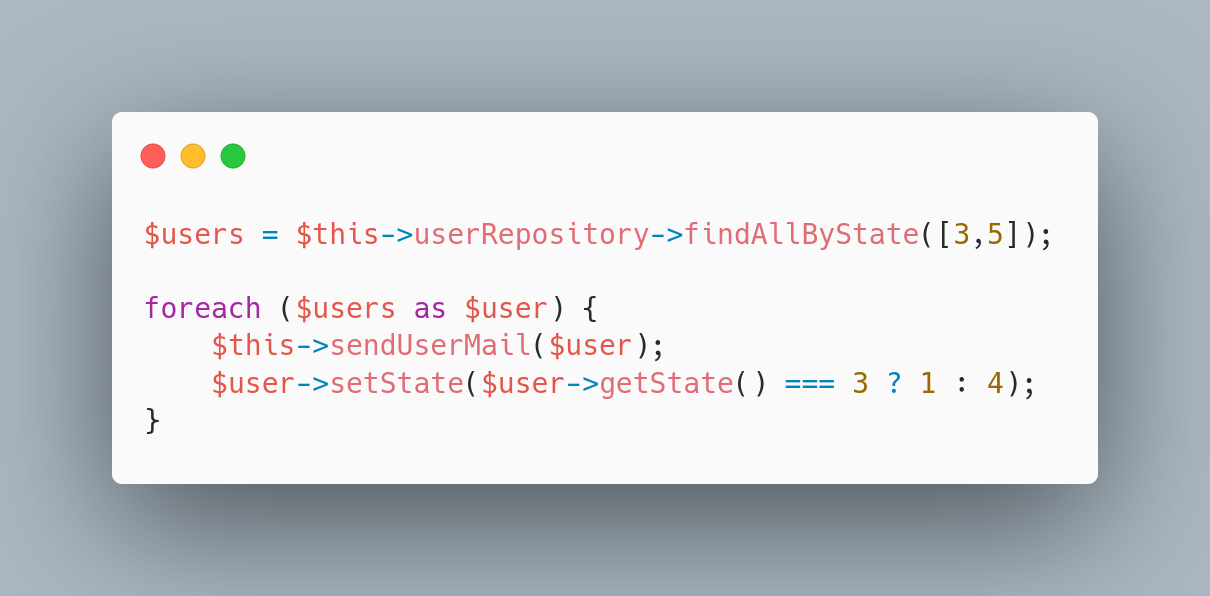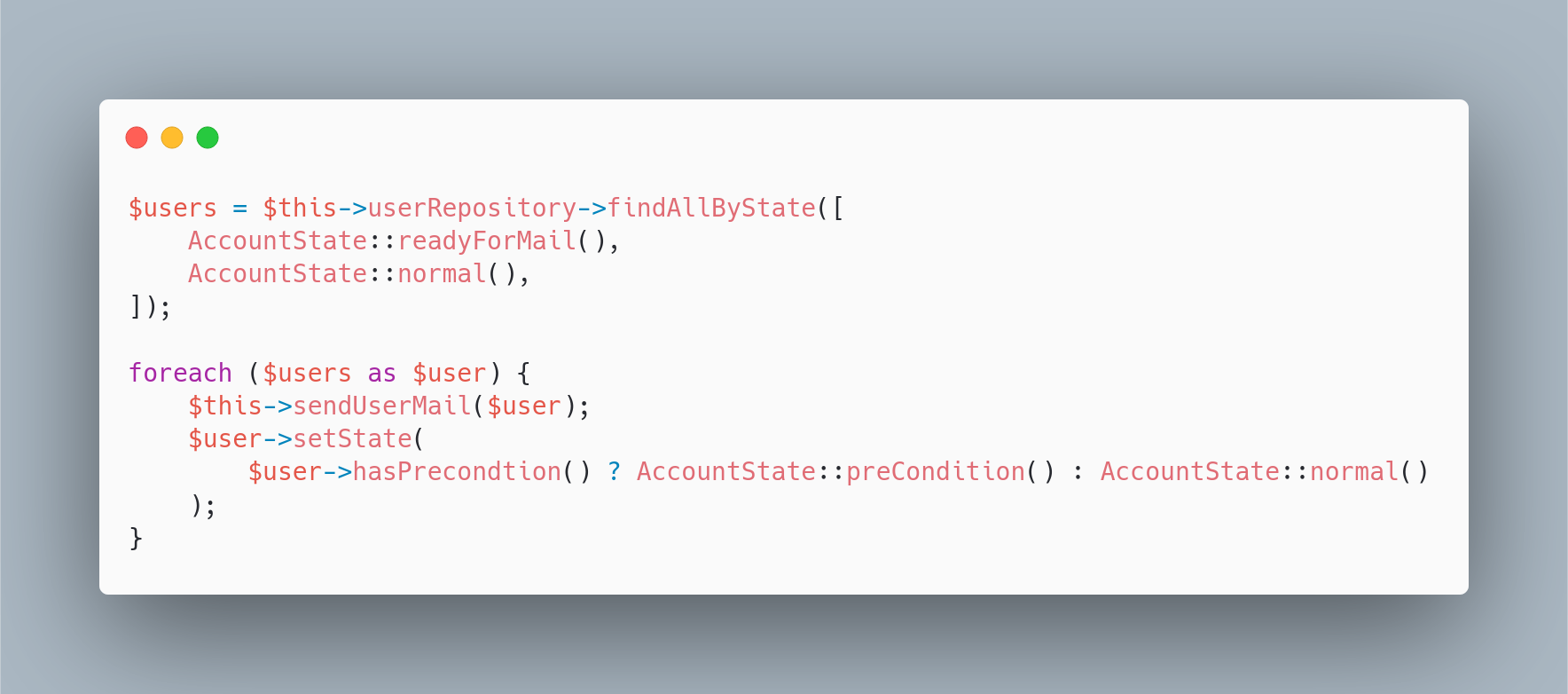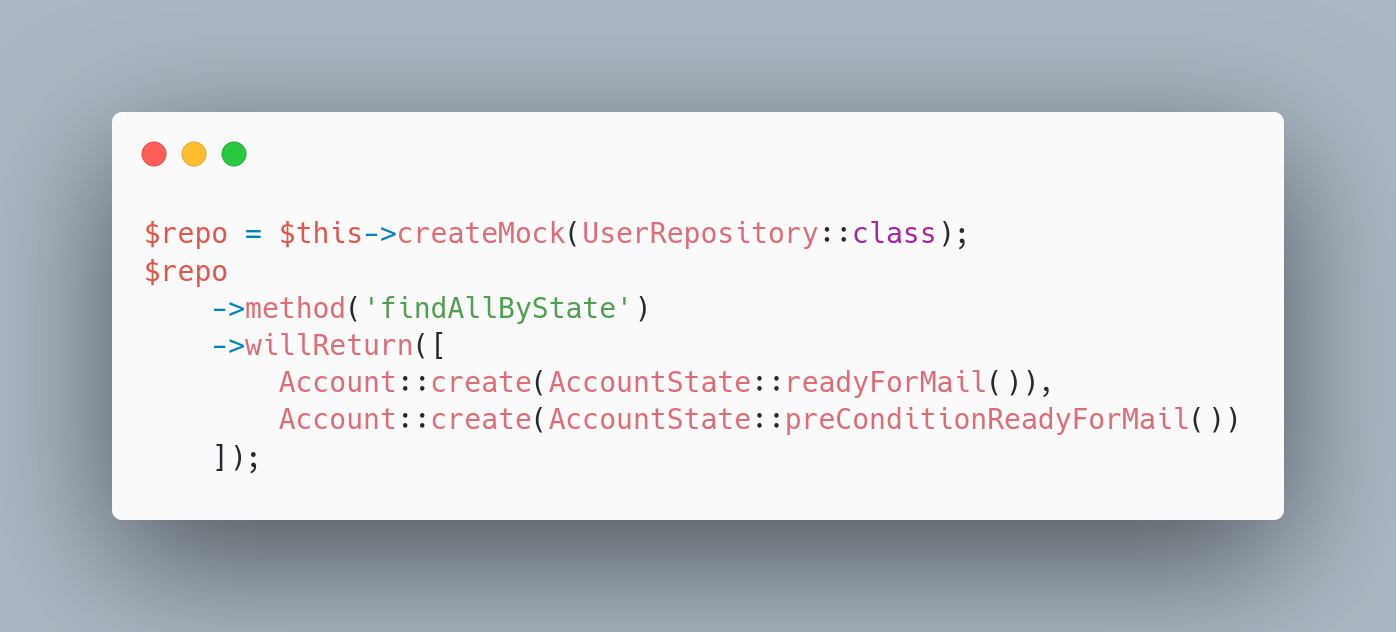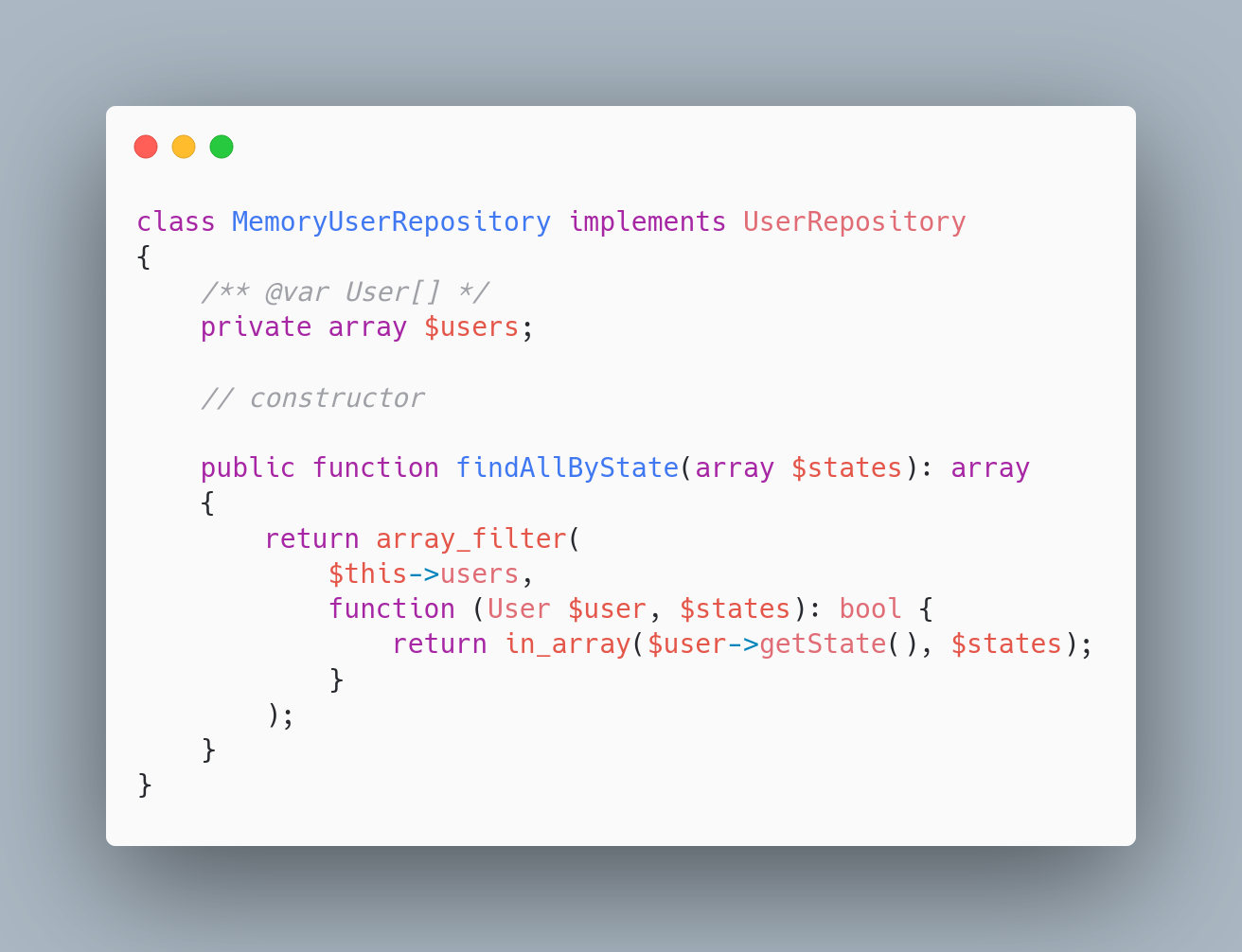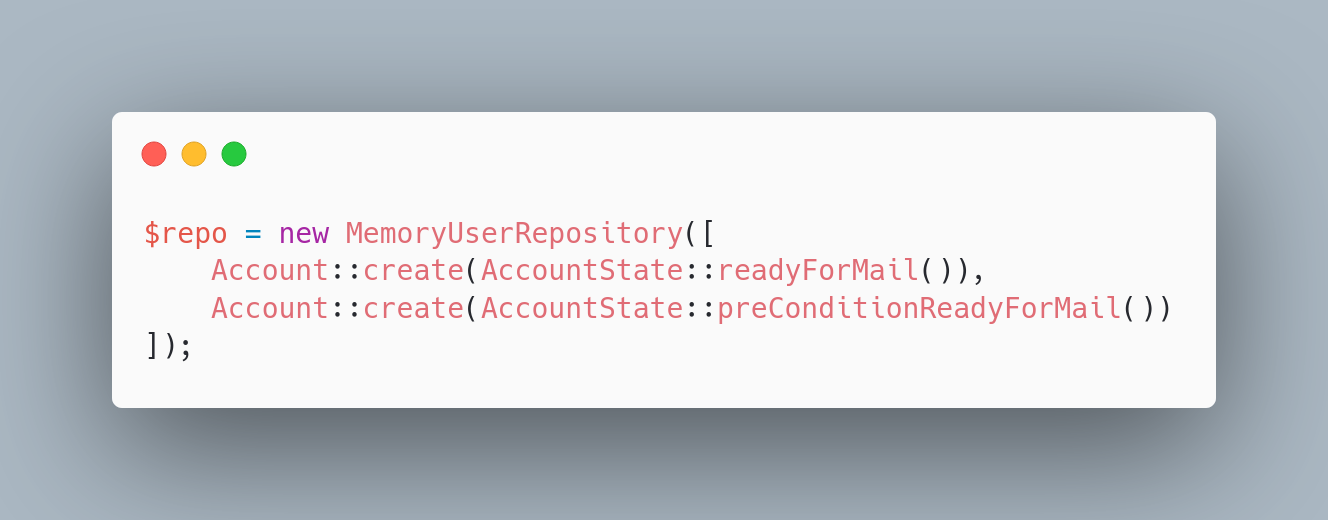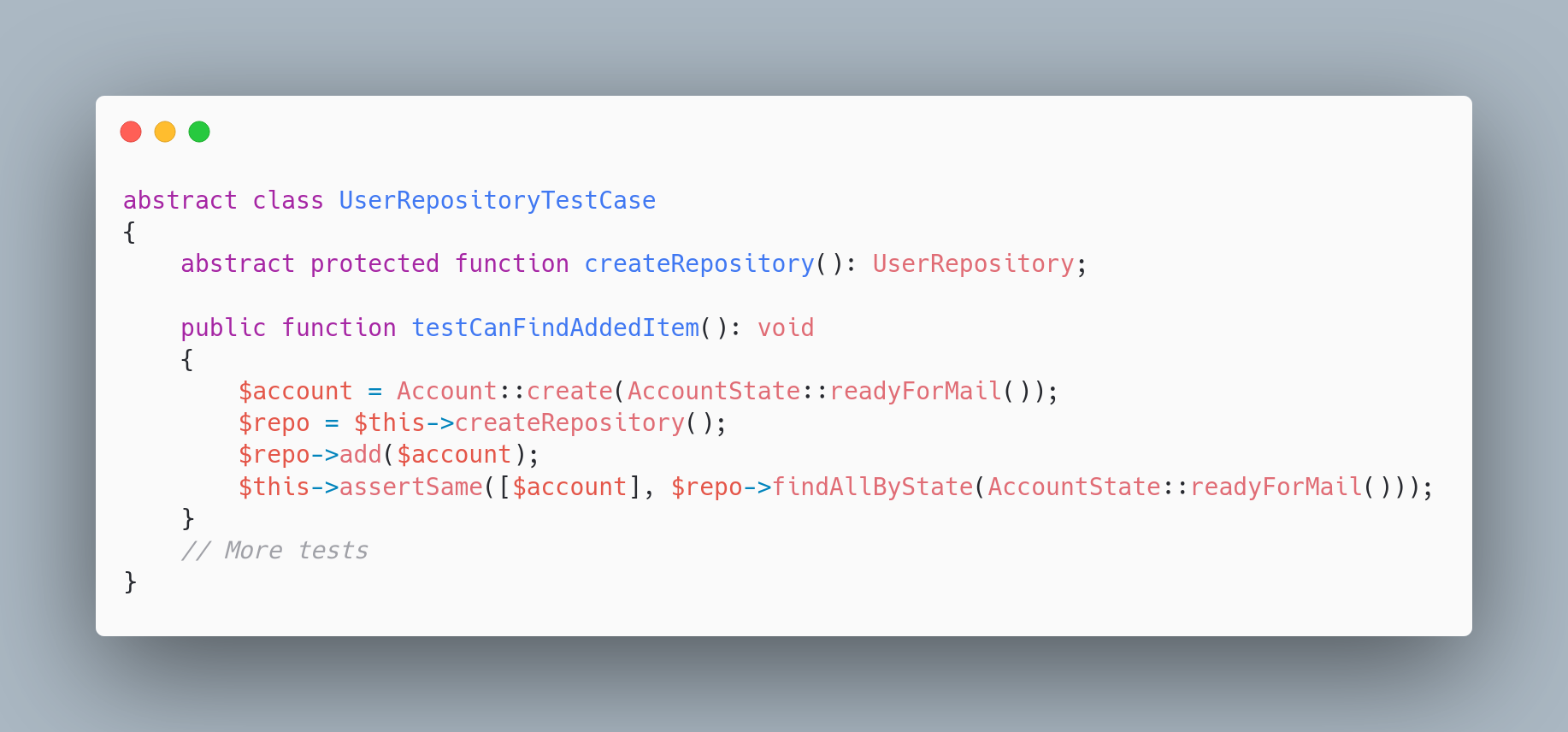In the spring of 2015, I became a WordPress contributor, more or less without realizing it and without anticipating what the impact on my personal and professional life would bring.
I have been using WordPress to make a living since 2010 but never knew the open-source project needed contributors from people that were not PHP developers — in my mind, that was the only skill required — I was clearly wrong.
I first started translating WordPress into Italian and then moved to volunteer in the Community Team, the team that oversees and supports all official WordPress events around the world, and now online.
In 2019 Josepha Haden reached out to me to know if I was interested in being part of an upcoming release as the coordinator, and thus my new path in WordPress contributing started. I had the immense pleasure to co-lead two major releases, 5.3 and 5.4, with the role of Release Coordinator. Now I am mostly doing what I love best: mentoring new contributors in their own path, thanks to my new role at Yoast, as the WordPress Core Team Lead, where I get to contribute to open source full time.
Open Source Fundamentals
The book “The Cathedral and the Bazaar” by Eric Raymond, is still, after almost 30 years, a must-read for anyone dealing with open source.
If you haven’t read it yet, I suggest you do. It might be outdated in some sections, and it infuriates me that the author only mentions men, some of whom turned out to be very toxic for open source, but it’s still a must-read. I go back to it quite often in search of motivation.
It mentions several lessons. Amongst them, the most widely known is lesson 1:
Every good work of software starts by scratching a developer’s itch.
This is the starting point for lots of contributors.
I would replace the word “a developer” with “someone”. The key concept here is that you need to start somewhere, and starting from something that you need a solution for is a great idea. It might be something that puzzles you or something you need to solve to move forward with your project. Or you want to learn about something, and you can learn by doing.
Lesson 18 is also a good reminder of why we contribute to open source.
To solve an interesting problem, start by finding a problem that is interesting to you.
Ask yourself: what interests you?
Be Selfish
These two lessons make it clear that we are the masters of our contributor destiny, and we should pick projects that are interesting for us and that we are excited about fixing.
So yes, be selfish.
If you pick something you use daily, it will be easier to get started and continue.
And don’t worry about making small changes. I started by translating as many instances of the days of the week from English to Italian. It might sound trivial and meaningless, but those words needed to be translated, and someone did it. Then I moved on to more complex translations, but it was great to be able to start from something small and fun.
Also, don’t worry about the next step, getting more involved. It’s absolutely ok to keep doing things when they feel right for you. So it can be a casual relationship.
The next step: get more involved
If you do enjoy it, the next step might be getting involved more actively and continuously. That’s usually the point where you realize
* What an impact doing small changes can have.
* There is usually some form of communication to coordinate all these individual efforts.
In WordPress, for example, there are blogs for the different teams, we use Slack for communications and Trac and GitHub for development and bug tracking.
You can start attending chats or calls, even as a listener at first, and then when you feel ready, you can definitely connect with other people and participate more actively.
Learn
On the way, You will learn lots of things.
For example, you’ll use tools that you have never heard of before or processes that you are not familiar with.
You can also improve your existing skills and acquire new ones. Thanks to WordPress, I improved my English a lot. I started learning about conflict resolution and project management. I became more assertive and patient and learned how to delegate and mentor.
Very tangible results.
You will make new connections: they can become business partnerships or friendships. Both are important in our lives. And you could spot new opportunities for your professional advancement.
Be ~~selfless~~ generous
I talked about being selfish, but when I started contributing, everyone told me to be selfless.
For me, the words selfless and selflessness are problematic. Mainly because I am not a native English speaker, so that “less” sounds like you are erasing yourself, but you are actually the most important resource in the process. So I prefer generosity or altruism. This is where contributing to open source becomes about the others.
I see this a lot in contributors. At first, we learn, we do, attend, propose, fix, give feedback, be vocal, etc. Then a lot of people move into the background and start helping others go through the first step. This is how you make sure you get new energies into a project.
So we go back to Eric Raymond and Lesson 5 that is both about being selfish – if something doesn’t interest you anymore, give it away – and be helpful by thinking of who is coming after you.
When you lose interest in a program, your last duty is to hand it off to a competent successor
Here are some examples of how I was both selfish and generous in different contributions I made in my life, not only in WordPress.
- I get to mentor new contributors in Core, especially people who identify as women and underrepresented groups who want to start public speaking. Others helped me when I started out, so I hope I can assist people in their path to contribution or in their public speaking adventures. I love doing this more than anything else, so it’s great that I can be generous with my time and knowledge. And mind you, it’s also selfish: the more underrepresented groups in tech take the stage or become visible contributors, the more I can move on to do other things that interest me.
- I learned to delegate. I was one of those people that complained about others not doing enough. It turned out I was doing too much, and I was holding everyone, including me, to unsustainable standards. I am now a lot more selfish! I don’t want to work sixteen hours a day, so I work eight and delegate the other eight. This is also generous: I am sharing my knowledge so people can learn.
- The most selfish thing I do is document as much as I can so in case I lose interest, someone can take care of all these projects. And for me, documentation is also the highest form of generosity in contribution. Without it, it’s impossible to recruit and empower. Lots of projects, not only open-source, are at risk of dying a slow and painful death if we don’t ensure continuity.
What’s in it for me?
After five years of solid contribution, I still think being clear on what you are getting is a major drive to succeed in long-term contributions. And it’s not necessarily profit-driven or about raising your profile.
- The sense of accomplishment and pride you feel when you make a change is a big mood enhancer. The worst my day is going, the more I turn to contributing to feel that I am making a difference for millions of people. For me, these are my main “What’s in it for me”.
- Validation. Positive feedback about our ideas and work is always great.
- I think recognition is also important and it comes in different forms. If you have kids, you might have used a rewards system when they grew up if they finished their tasks. It’s an excellent system. All gamification processes are based on that. In WordPress, we have badges
- And finally, it will help build your skills and put together a better CV in case you are looking for a job. I put it last because if this is your only motivation and your contribution is clearly and only selfish, I am sorry. I am also pretty sure it won’t work after observing hundreds of contributors. Companies that hire through open-source see through this quite clearly.
Your one takeaway
To sum it all up, I would like to finish with a quote from a WordPress Core Committer, a former release lead, and my life partner, who I happened to meet at a Contributor Day. So yeah, Contributing is always a good idea. It could even help with your love life!
Make it better, give it back
John Blackbourn
